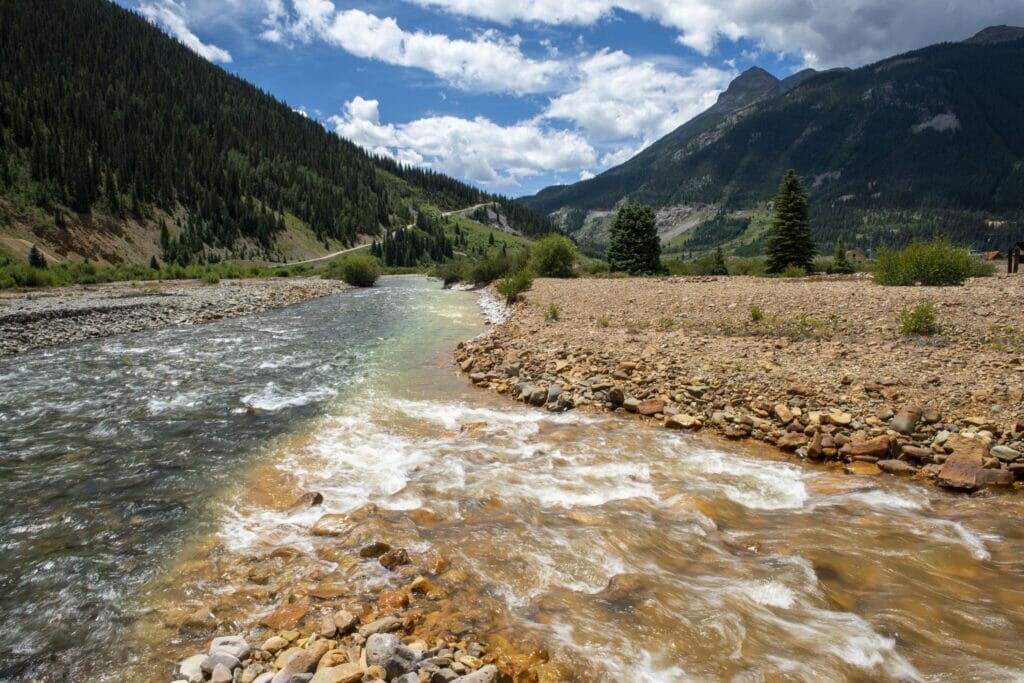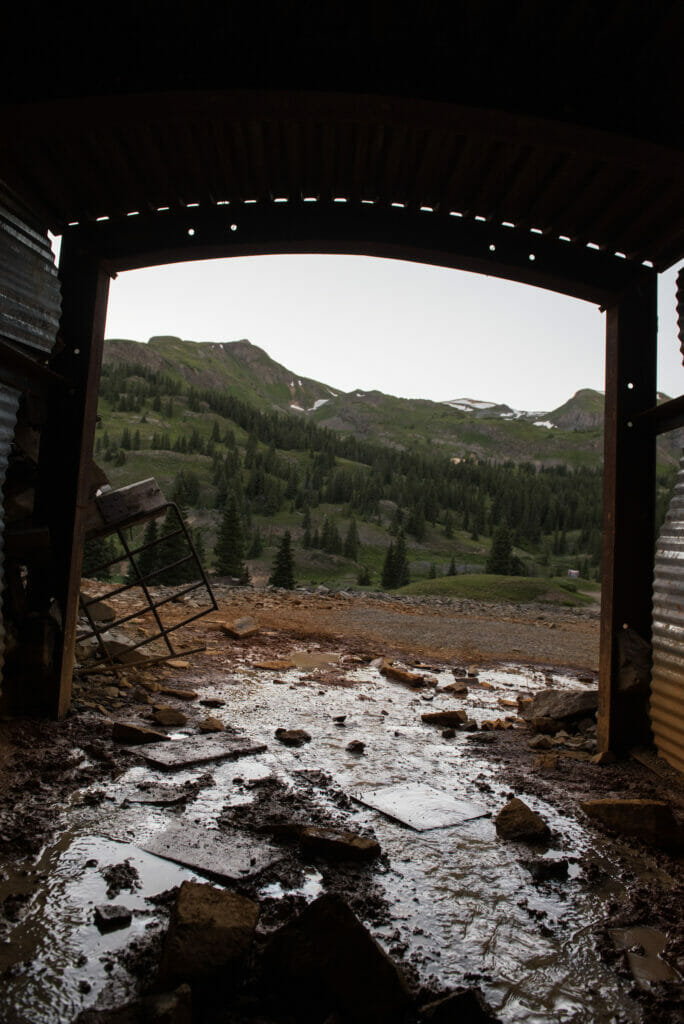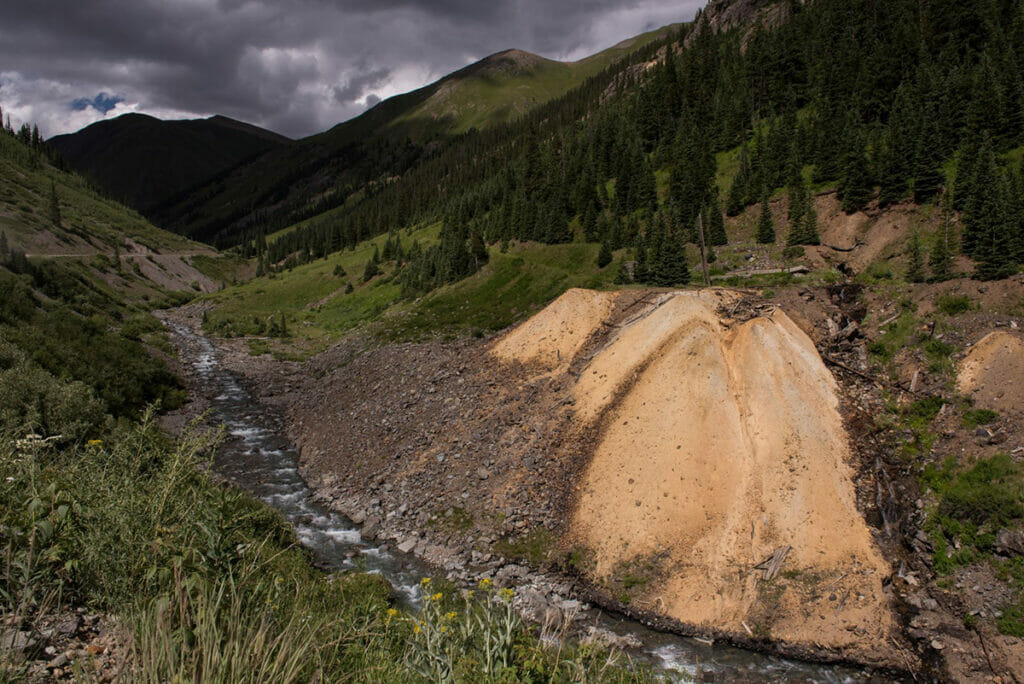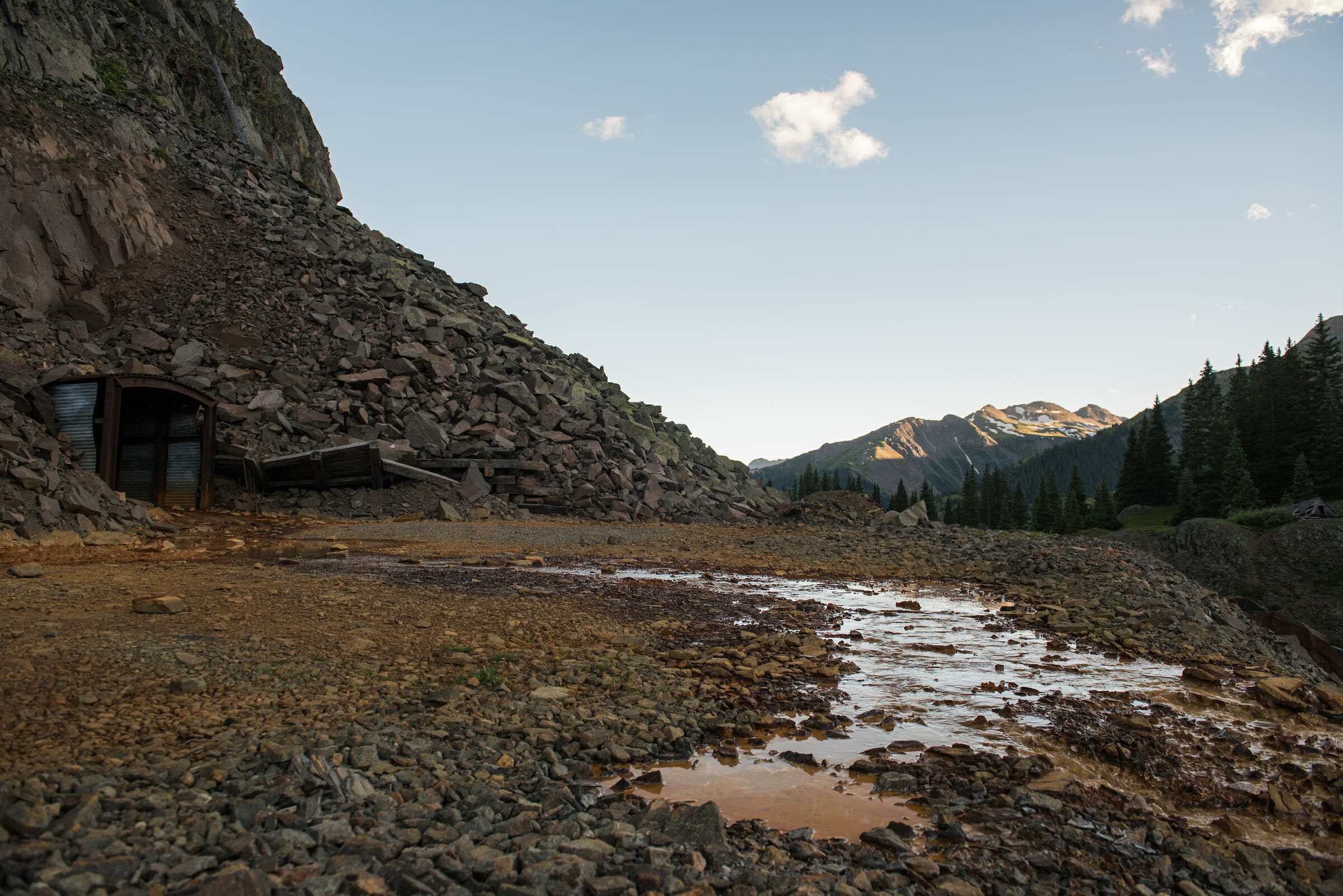Ahead of the next U.S. mining boom, we need to stand up for clean rivers and wild trout
You may have heard the saying, “If it’s not grown, it’s mined.” As consumers of products that include materials produced from mines—graphite for fly rods, tungsten and copper for flies, and aluminum for reels—anglers recognize that we all have an impact on the planet.

We’re also inclined to take action to reduce our own environmental footprint. So it’s no surprise that outdoor enthusiasts of all political stripes are deeply worried about climate change and its impact on fish and wildlife. Scientists tell us that higher water temperatures and more destructive floods, fire and drought could eliminate 50 to 75 percent of trout habitat in the West by 2080. We know that one of the biggest threats to the future of the sporting endeavors we cherish is climate change, and that we must act.

But here’s the Catch-22: Mining that is not done responsibly can significantly degrade our lands, waters, communities, and fish and wildlife habitat. And yet dealing with climate change will likely require more mining for critical minerals that will drive our clean energy future.
The Biden Administration is trying to take on these complicated questions, and over the next few weeks, anglers have a chance to raise their voices in support of responsible mining policies.
Now is the time to make your voice heard and ensure that fish and wildlife are given a fair shake as the Department of the Interior contemplates revisions to its hardrock mining regulations. Please take a moment to send your message today.
The very technologies that will help us reduce our carbon footprint are heavily reliant upon critical minerals. Put simply, minerals like lithium, cobalt, nickel and graphite are the raw materials of clean energy technologies, and we’re going to need a lot more of them. In fact, the World Bank estimates that production of these minerals could increase nearly 500% percent by 2050.
To meet demand, we should fully utilize alternatives to mining—such as recycling, using substitutes for critical minerals, reprocessing old mine waste piles, and applying engineering advancements. But we are likely faced with a future that includes more domestic mining and the attendant environmental impacts.
In an effort to ensure that extracting these materials is done responsibly, thoughtfully, and in ways that avoid and minimize negative environmental and social impacts, the Department of the Interior (DOI) recently formed an interagency workgroup, which will “gather information and develop recommendations for improving federal hardrock mining regulations, laws, and permitting processes.”
This is a significant opportunity to modernize mining laws and regulations and balance increasing domestic mining with the conservation of fish and wildlife.

To inform the workgroup, the DOI is accepting public comment. We urge you to take a moment to express your support for responsible hardrock mining regulations that protect fish, wildlife and our treasured public lands and waters.
Please make your voice heard and send your message today. The public comment period closes on August 30.
Good Sam
At the same time, we need to clean up abandoned mines and correct the mistakes of the past.
In particular, federal “Good Samaritan” legislation is needed to provide liability relief for state agencies and groups like Trout Unlimited who are ready to move forward with voluntary abandoned mine cleanups. Coupled with increased funding from Congress, we will be able to begin helping to clean up the 33,000 abandoned mines that are polluting the environment. Learn more and take action to pass Good Samaritan legislation.
Learn more about TU’s work on domestic mining by viewing our report: Critical Minerals – A Conservation Perspective.
For more information, please contact: ty.churchwell@tu.org or corey.fisher@tu.org



